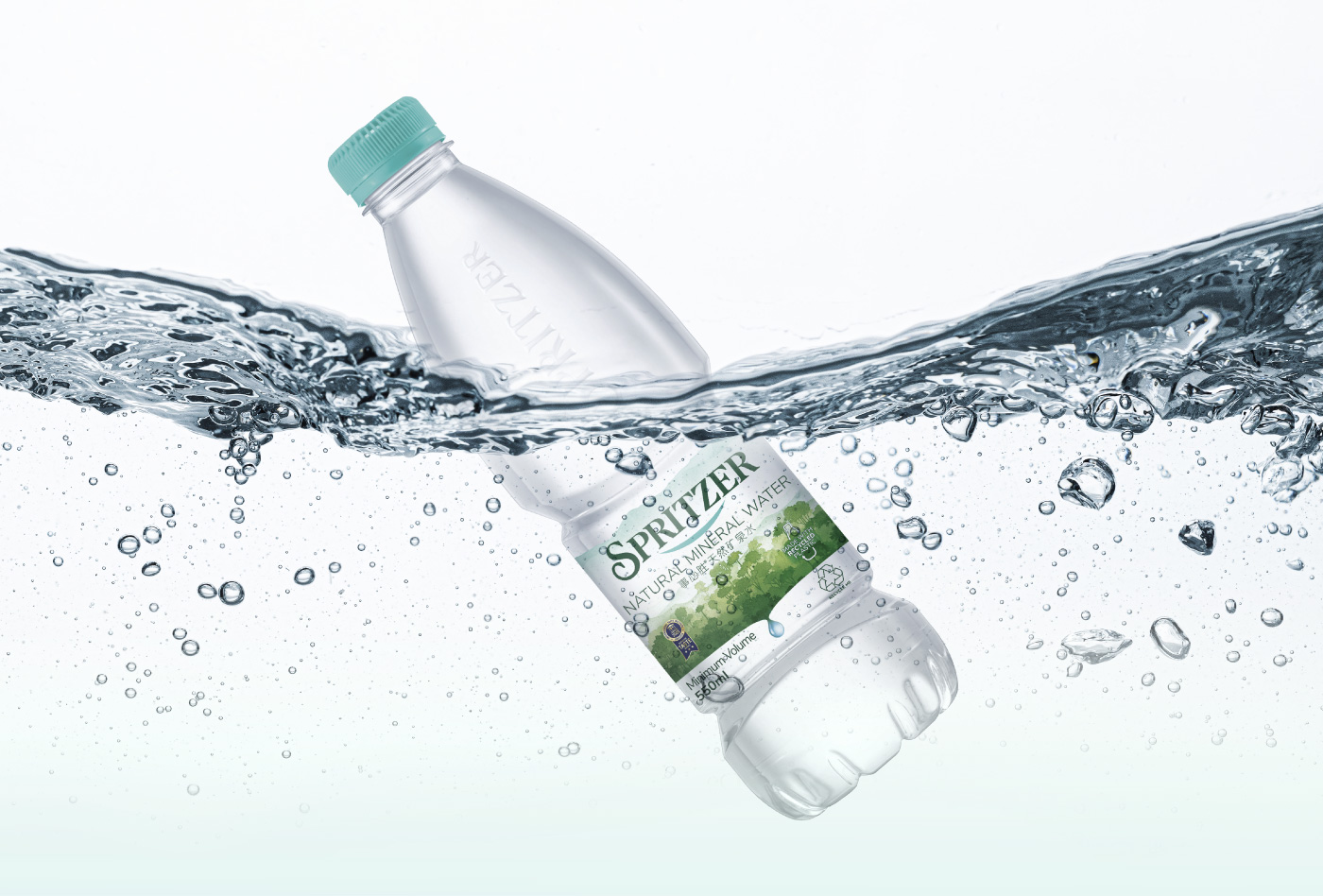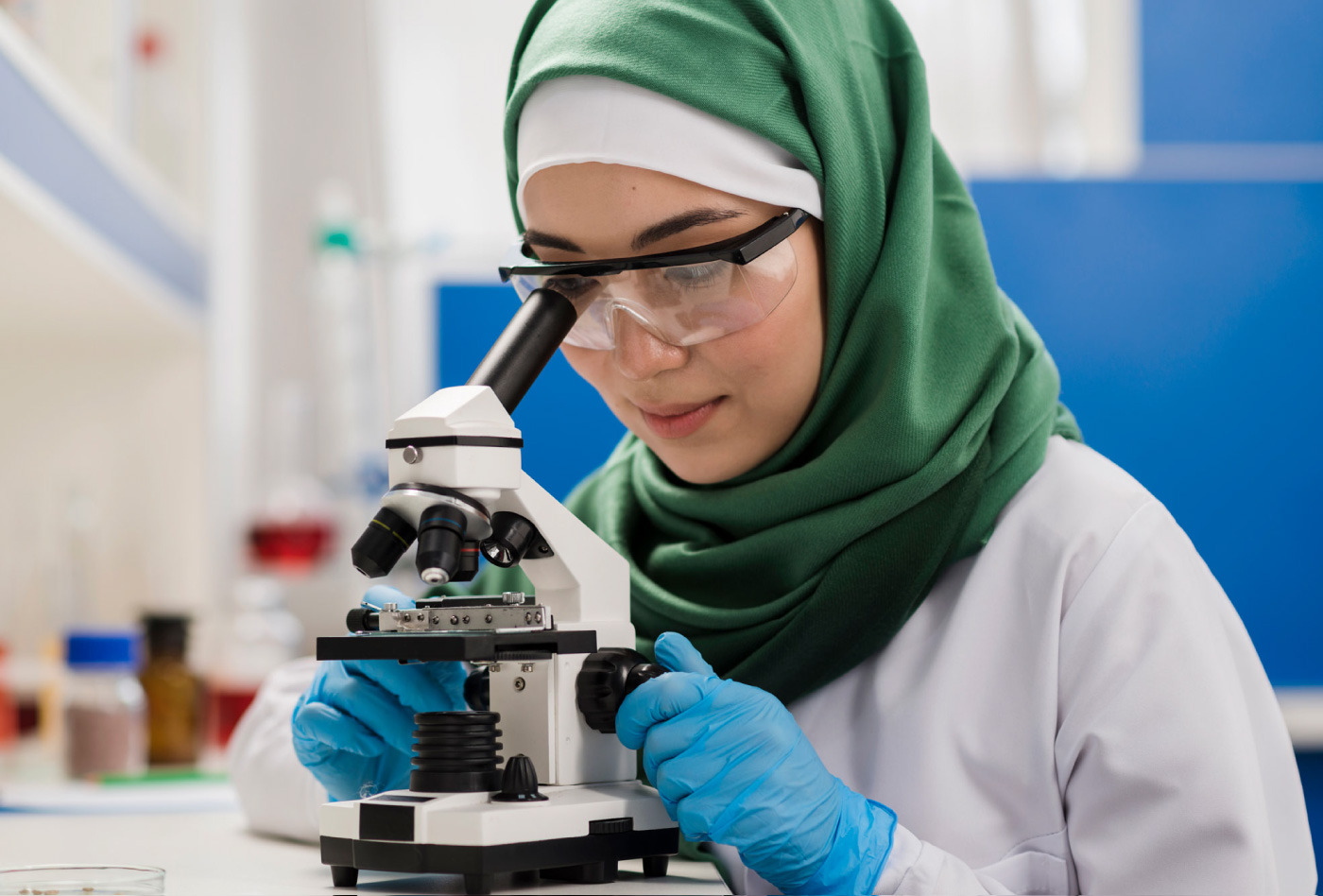Are there Microplastics in drinking water?Adakah terdapat Mikroplastik dalam air minuman?
In 2018, a research conducted by the State University of New York - Fredonia ("SUNY-Fredonia") titled
"Synthetic Polymer Contamination in Bottled Water" revealing that many international brands of bottled water were contaminated with microplastics,
which, according to the US National Oceanic and Atmospheric Administration and the European Chemicals Agency,
are very small fragments of plastic originating from various industrial and manufacturing processes and products that can contaminate natural ecosystems.
The tests done by SUNY-Fredonia covered 259 individual bottles from 27 different lots across 11 brands, purchased from 19 locations in nine countries
around the world. The SUNY-Fredonia report noted that there was an average of 325 particles per litre, with concentration ranging from zero to more
than 10,000 particles in a single bottle. From the samples, the report found that 93% were found to contain microplastics.
NO Microplastics in Spritzer Natural Mineral Water.
Pada tahun 2018, sebuah kajian yang dijalankan oleh State University of New York - Fredonia ("SUNY-Fredonia") yang bertajuk "Synthetic Polymer Contamination
in Bottled Water" mendedahkan bahawa banyak air botol berjenama antarabangsa telah dicemari dengan mikroplastik. Menurut US National Oceanic and Atmospheric
Administration dan European Chemicals Agency, mikroplastik adalah fragmen plastik yang sangat kecil. Ia berasal dari pelbagai proses dan produk perindustrian
serta pembuatan yang boleh mencemarkan ekosistem semula jadi.
Ujian yang dilakukan oleh SUNY-Fredonia meliputi 259 botol individu dari 27 kelompok yang berbeza merangkumi 11 jenama, dibeli daripada 19 lokasi di sembilan
negara di seluruh dunia. Laporan SUNY-Fredonia menyatakan bahawa purata zarah mikroplastik ditemui adalah 325 partikel per liter, dengan kepekatan antara sifar
hingga lebih 10,000 partikel dalam satu botol. Laporan itu juga menyatakan bahawa 93% daripada sampel yang diuji mengandungi mikroplastik.
Tiada Mikroplastik Dikesan Dalam Air Mineral Semula Jadi Spritzer




